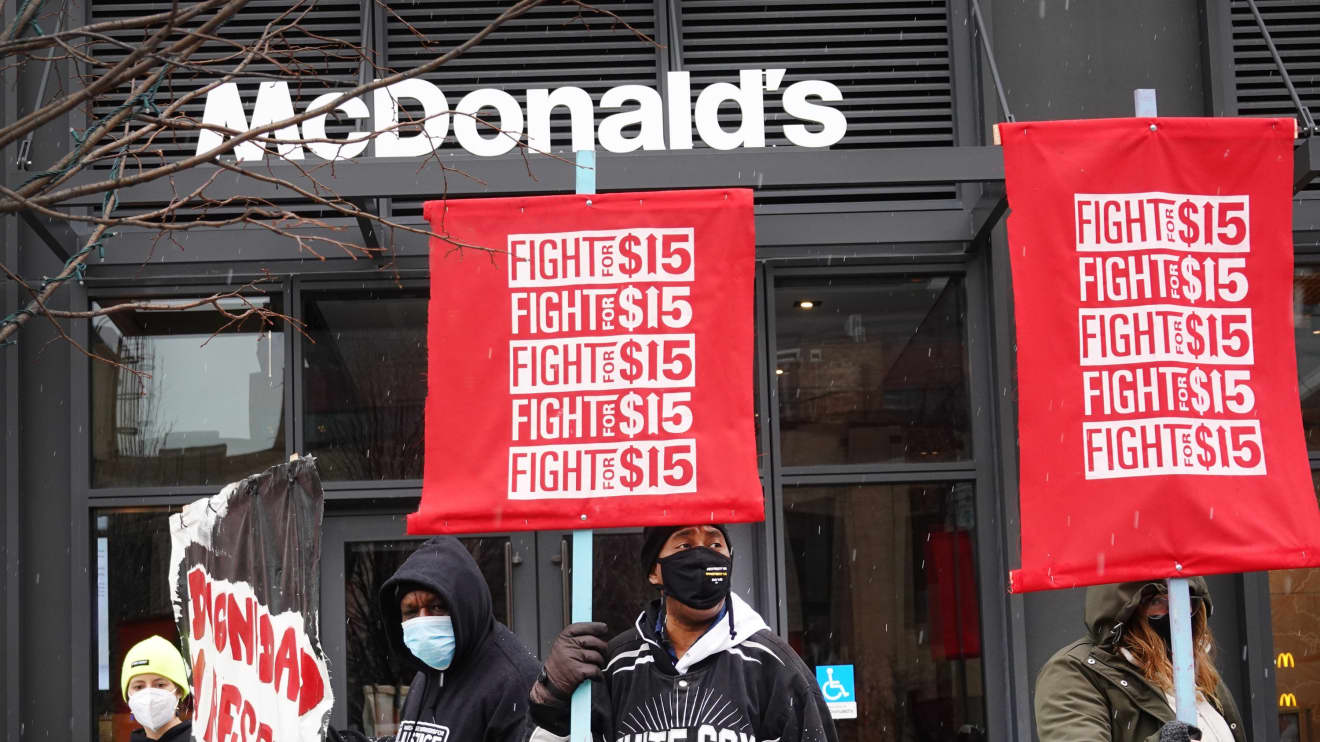Europe’s drugs regulator on Friday authorized the use of the AstraZeneca
AZN,
The European Medicines Agency, or EMA, said it had assessed the quality, safety and efficacy of AstraZeneca’s shot, which the drug company has developed in partnership with the University of Oxford, and recommended it for conditional marketing authorization in the European Union.
“With this third positive opinion, we have further expanded the arsenal of vaccines available to EU and EEA [European Economic Area] member states to combat the pandemic and protect their citizens,” said Emer Cooke, the EMA’s executive director, in a statement.
The EMA has already given the green light to the vaccine developed by U.S. drug company Pfizer
PFE,
However, on Thursday, a draft recommendation from Germany’s vaccination advisory committee recommended that the AstraZeneca–Oxford shot only be given to people aged 18 to 64, saying there was “insufficient data” to assess the vaccine efficacy in those aged 65 years and over.
The EMA acknowledged that most of the participants in the AstraZeneca vaccine trials were between 18 and 55 years old, and that there weren’t enough results in older people to provide a figure for how well it will work in this group.
“However, protection is expected, given that an immune response is seen in this age group and based on experience with other vaccines; as there is reliable information on safety in this population, EMA’s scientific experts considered that the vaccine can be used in older adults,” it said.
The EU signed a deal with AstraZeneca
AZN,
But the U.K.-Swedish drug company has angered the EU after announcing it would cut supplies of its shot allocated to the EU in the first quarter, following production issues at European plants, exacerbating the EU’s slow rollout of its immunization program.
Read: EU threatens legal action to secure more doses as vaccine shortage reaches crisis point
On Friday, the EU threatened that it would use all legal means to block exports of shots, if it doesn’t receive the vaccine doses promised by drug companies such as AstraZeneca and Pfizer.
Earlier in the week, AstraZeneca Chief Executive Pascal Soriot told Italian newspaper La Repubblica that the company wasn’t legally required to deliver to the EU on a precise timetable, because it had only committed to supplying vaccines under a “best-effort” clause.
A redacted version of AstraZeneca’s contract with the EU was published on Friday by the European Commission, after European Commission President Ursula von der Leyen told German radio that the contract contained clear delivery amounts for December and the first three quarters of 2021.







